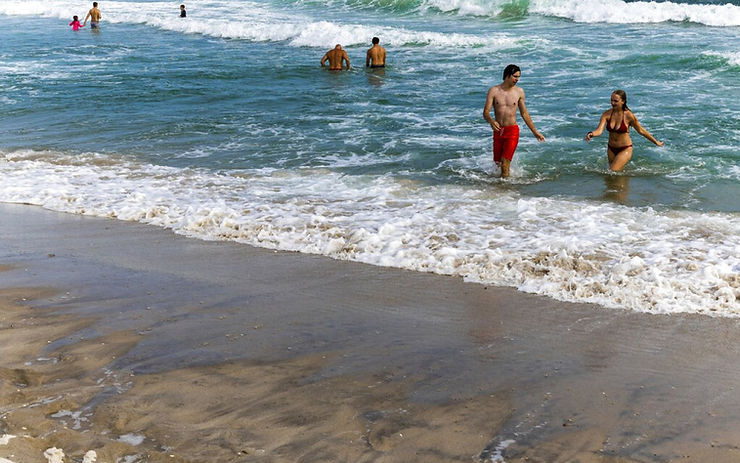By: Joy Ting
On what was supposed to be a relaxing early summer Friday at Point Lookout Beach in Long Island, further out into the seas of the popular beach shores were lifeguards and police constantly monitoring the waters in circles. Due to an increase in shark sightings last year, safety precautions have escalated among the shark patrols.
In previous years, shark sightings were rare. However, last summer, lifeguards frequently spotted sharks feeding near swimmers. This summer, a 10-foot intimidating mako shark was found washed up on shore at Point Lookout, and a shark could have possibly bitten a man who was swimming nearby. As more sharks approach the beach shores, this could pose a hazardous problem to civilians.
Thus, beach staff began to take shark sightings more vigilantly. Many departments in Long Island have started to adopt strategies to utilize more technology to monitor sharks. There will be an expansion in patrols using boats, helicopters, drones, Jet Skis, and shark tracking devices. Also, local police, lifeguards, and beach personnel are trained to operate these devices as part of the shark monitoring program.
Nearby beaches have hired even more personnel to watch for sharks and have invested in additional equipment, including tourniquets, in case of shark attacks. Lifeguards are more trained in rescue techniques and have learned to distinguish the differences between different shark species to see which are more threatening to beachgoers. Cary Epstein, a veteran guard at Jones Beach, says, “We’re definitely on alert and doing our due diligence” and “not searching for sharks unnecessarily” after a shark presumably cut a fellow guard.
Meanwhile, Hans Walters, a field scientist with the Wildlife Conservation Society’s New York Aquarium, says that the reactions to the increase in sharks near the shores exaggerated. “The danger to people is infinitesimal.” “These sharks are not looking for people,” he said.
However, lifeguard chief Paul Gillespie believes that you can’t ignore the hype because if you don’t take safety precautions and something happens, it becomes a problem. As the saying goes, it’s always better to be safe than sorry.











